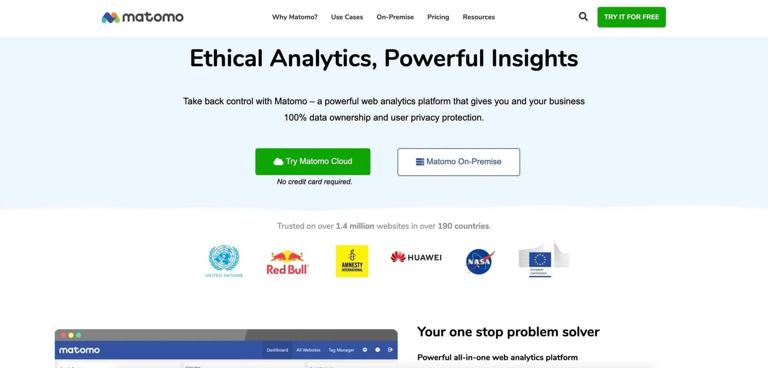
Are Funded Trading Accounts Legitimate? Unpacking the Truth Behind the Buzz
Imagine this: You’ve been grinding away at your trading journey, practicing your strategies across forex, stocks, crypto, options, or commodities. But the capital needed to scale up seems just out of reach—unless, of course, you’re playing with funded trading accounts. Everyone’s talking about the hype: Are these accounts legit? Can they really boost your trading game? Or is it just another shiny object too good to be true? Let’s dig into what funded trading accounts are, what makes them stand out—or fall flat—and what the future might bring for traders exploring this space.
What Are Funded Trading Accounts Anyway?
Funded trading accounts are essentially opportunities offered by proprietary trading firms or prop shops that provide traders with capital—sometimes huge sums—to execute trades. Think of it like borrowing a high-tech toolkit from a friend but with the understanding that your goal is to grow the account’s money, not your own. When you pass their evaluation or trading challenge, you get access to real funds, and profits are shared according to a pre-agreed split.
These platforms are growing popular because they remove some risks from the trader’s perspective—no more risking your personal savings to learn the ropes. They claim to tap into a pool of talented traders, giving them a chance to earn big without having to bootstrap hundreds of thousands of dollars on their own.
Are They Legitimate? The Real Deal or Just Smoke and Mirrors?
Beware the allure: Not all funded accounts are created equal, and scams still lurk in the shadows. But genuine prop firms stick to industry standards, offering transparent rules, clear payout structures, and reputable track records.
Take the case of TopstepTrader or FTMO—two well-known legit players in this arena. They’ve built reputations for transparent evaluation processes, consistent payouts, and a commitment to fair play. These companies have been around long enough that many traders consider them reliable pathways to scaling their trading without risking their own capital.
Nevertheless, it pays to keep your eyes peeled: some outfits might promise instant riches, ask for exorbitant fees, or require you to turn over your personal info without meaningful verification. Always do your homework—read independent reviews, check their licensing (if applicable), and understand the fine print before diving in. Like any financial service, trust but verify should be your mantra.
The Pros and Cons of Going Funded
What’s appealing about these accounts? For one, the access to larger capital enables traders to test more aggressive strategies without risking personal funds—a game-changer for breakout performers. Plus, the learning curve becomes shorter, as real cash is involved, pushing traders to hone their discipline and risk management.
But it’s not all shiny. There’s a certain level of pressure—success hinges on passing initial evaluations, adhering strictly to rules, and managing the psychological challenge of handling larger sums. Not every trader is cut out for the volatility and mental resilience needed here. And while some firms offer flexible trading styles, others enforce tight risk parameters that can feel stifling.
When diving into prop trading, think of it like joining a well-equipped gym—your tools are ready, but you still need the right techniques to get results. Flashy promises of instant wealth should be taken with a grain of salt.
Enabling Multi-Asset Trading: A Growing Frontier
Today’s funded trading platforms often open doors to multiple markets—forex, stocks, crypto, indices, commodities—and that inclusion significantly broadens strategies. You’re no longer limited to a single asset class; you can diversify your trades, minimize risk, and seize opportunities across different sectors. For instance, while forex traders might thrive on leveraging news swings, crypto enthusiasts might capitalize on volatility bursts. The ability to adapt across asset classes means a more resilient trading stance.
That said, each market has its own riddles—crypto’s wild swings versus the more predictable patterns in stocks—and understanding the nuances becomes crucial. Education and continuous learning are your best friends here.
The Shadow of Decentralized Finance and Tech-backed Futures
Look at decentralization—DeFi platforms trying to flip traditional finance on its head. They offer peer-to-peer trading, reducing middlemen, lowering fees, but also introducing new risks like smart contract bugs or regulatory crackdowns. For funded traders, this signals a shifting landscape where transparency and automation via smart contracts could redefine the rules of engagement.
Meanwhile, AI-driven trading systems are gaining traction. Imagine algorithms that analyze countless data points faster than any human, executing trades with precision. The future of prop trading might not just be about capital anymore but also about harnessing these tech innovations to outperform markets.
Prop Trading’s Path Forward
Looking ahead, prop trading could evolve into a hybrid space combining human intuition with AI, supported by blockchain for transparency and security. Traders who adapt by understanding machine learning, coding, and decentralized finance could find themselves at the forefront of a revolution.
So, are funded trading accounts legitimate? Absolutely, if you choose the reliable players and keep a clear head. They’re a gateway—potentially powerful—to unlock your full trading potential without risking your own cash. Just remember: no shortcut replaces solid strategy, disciplined risk management, and continuous learning. The future is bright for those who navigate it wisely, leveraging new technology and markets—buying into the promise that your learning curve, paired with the right capital, can set you on a promising financial path.
And hey, if you want to go all in, just keep in mind—trading’s a marathon, not a sprint. But with the right tools, knowledge, and a bit of luck, those funded accounts might just be the launching pad you’ve been dreaming of.